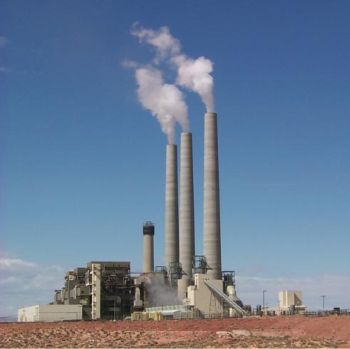Gas Prices Hit $4.08 a Gallon; Electricity Prices Soar
On the same day that USA Today reports that average U.S. gas prices have hit a new high, the paper has some bad news for plug-in hybrid electric vehicle (PHEV) fans who think they'll be able to tune in, turn on and drive off for pennies on the gallon: electricity prices are also heading skywards. "Utilities across the USA are raising power prices up to 29%, mostly to pay for soaring fuel costs, but also to build new plants and refurbish an aging power grid." New, schmew; those raw materials costs are soaring. "The price of coal, which fires half of U.S. power plants, has doubled since last year, largely because of surging energy use in countries such as China and India. Natural gas prices are up nearly 50% on high U.S. demand. In California, drought has forced Pacific Gas & Electric to replace cheap hydroelectric power with natural gas, helping to prompt it to seek 13% rate increases." And you know that "let's build nukes for our plug-ins" idea? "South Carolina Electric & Gas wants to boost rates 37% by 2019 to cover its share of two nuclear reactors costing $10 billion." And Americans who believe that global warming is a threat are going to have to put their money where their mouth is. "Expect bigger rate shocks if federal legislation, anticipated by 2010, passes and forces coal-fired generators to pay fees to emit global-warming gases. American Electric Power, the largest coal-fired generator, will have to raise rates 115% to pay higher fuel costs, build new plants and recover global-warming fees." Bottom line: ICE, PHEV, EV– there is no such thing as a free ride.
More by Robert Farago


































Comments
Join the conversation
nukes ftw